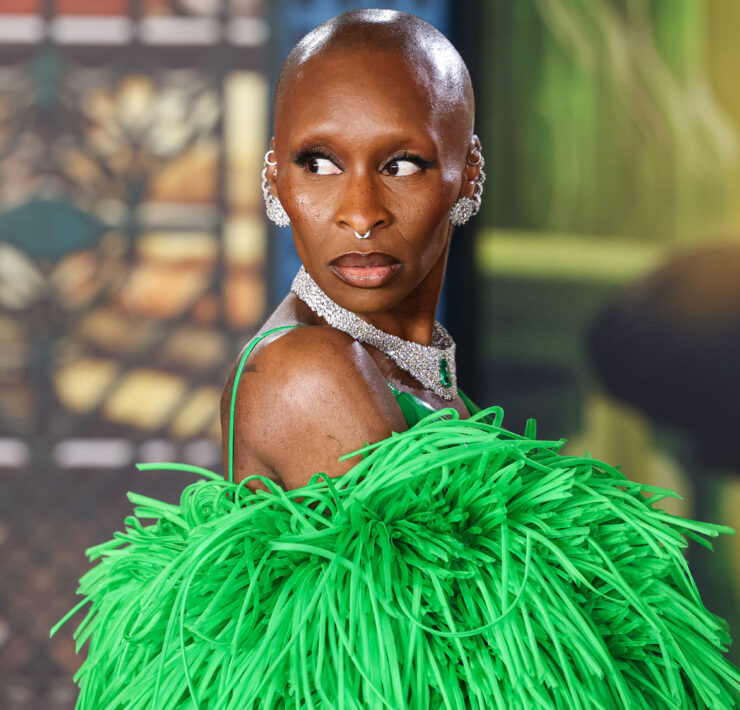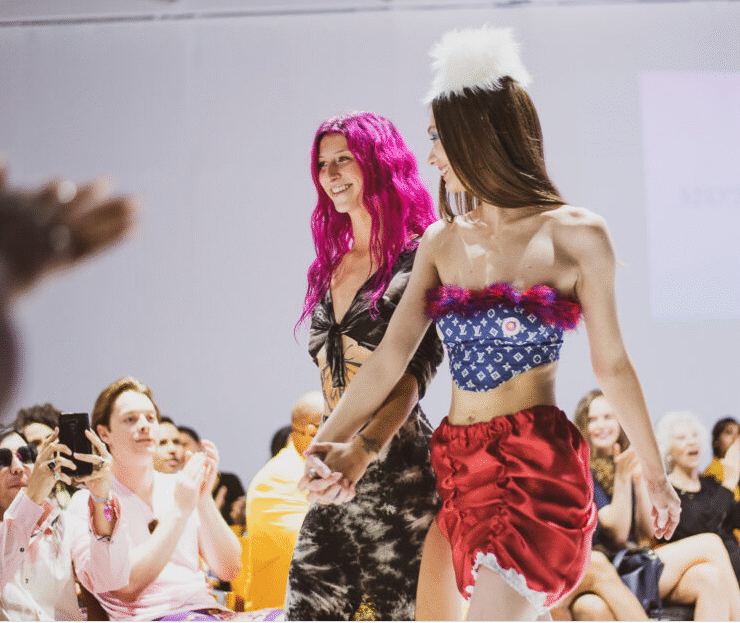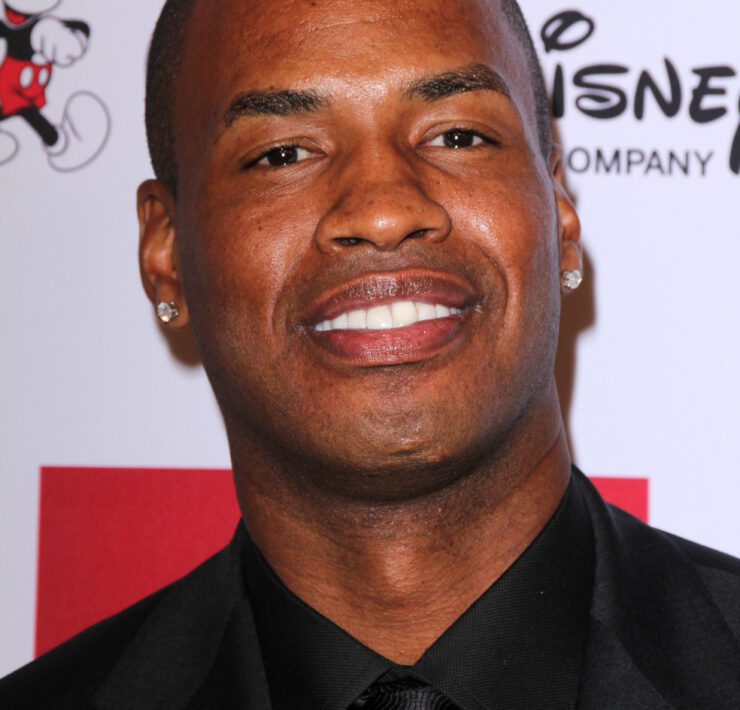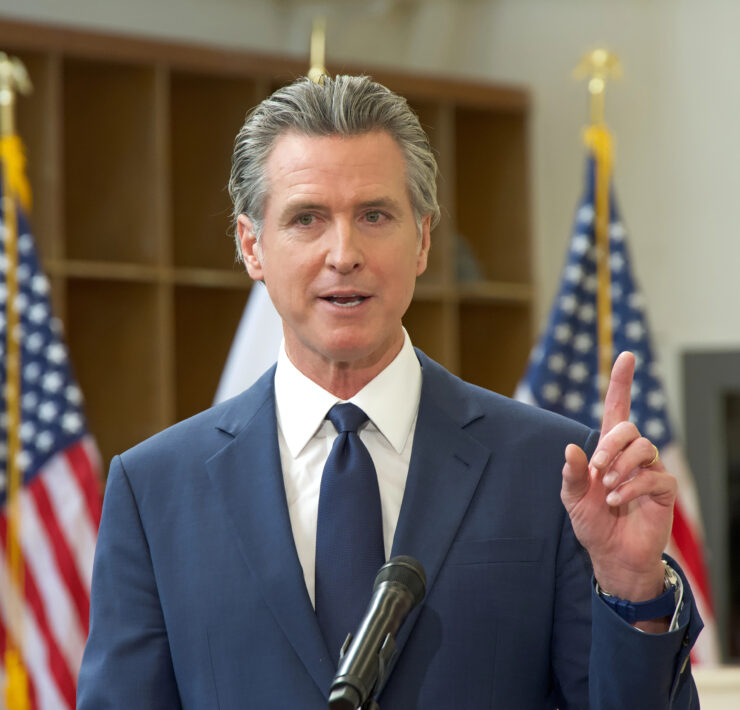Macbeth Hits Denver with Witchy Men

Addison Herron-Wheeler is OUT FRONT's co-publisher and editor-in-chief and friend…
“Are you a man? O, proper stuff! This is the very painting of your fear. This is the air-drawn dagger which you said led you to Duncan.”
It’s the age-old, unspoken question in Shakespeare and in Macbeth: are you a man? Most people know that early productions of the Bard’s plays were completely done by men. But you haven’t seen a rendition of the classic tragedy done in this fashion—a cast of only men directed by an LGBTQ director. The Denver Center for Performing Arts sets out to give us just that experience, but with a few modern twists.
If you think this sounds homoerotic, you’re right. Not only does this rendition embrace the queer tones in Macbeth, it highlights them. The men are shirtless, rugged, and wearing leather daddy gear. The female characters are all done with drag, but a subtle, classic drag that is in no way meant to cover the biological sex of the performer.
This is a difficult thing to pull off without being too campy, too silly, or outright confusing. But this cast hits the mark, thanks in part to the immaculate casting of Lady Macbeth and Macbeth, who read as the ultimate, doomed Beyonce-and-Jay-Z power couple.
The tone of the show is dark and beautiful; dubstep and festival trap provide an odd soundtrack that is illustrated through dance instead of battle scenes. Black lights and projections add to the witchy air of the show; minimalism paired with an amazing stage setup and effects make for a performance that is dramatic, dynamic, and never dull.
The delivery of the lines (often what a writer hangs on during criticism, as words are our babies), is the highlight of the show. Somehow, almost every player on the stage manages to use inflection that both conveys the meaning of the outmoded words and allows them to take on new, modern life without changing a syllable. Certain accents and sound effects add new entendre or innuendo, or make a line that could go unnoticed really pop.
The queer relationships within the play are also highlighted. Whether Shakespeare intended anything to be going on between Macbeth and Banquo is a question scholars will debate until the end of time, but in this version, there most certainly is something happening—but only the hint of something, an almost-kiss, grazing hands, too-long eye contact.
There aren’t many problems with the production and execution of this show; everything is perfect, almost to a fault. The dramatic, loud music and the sexual rendition isn’t going to be for everyone, but for the purposes of queer inclusion and a dynamic portrayal, it hits all the marks.
Of course, one can’t help but notice the biggest problem about the show: the fact that the initial all-male casting in Shakespeare was due to prejudice that kept women from the stage. While this rendition is amazing and queer, and almost emasculates the players and makes them sexual objects, it can’t completely be ignored that this is an homage to a time when women were barred from the stage, and no women were given the chance to perform in this production.
As a dubstep enthusiast and journalist, I feel it necessary to note that the music could have been a little more carefully chosen for effect. In some places, trap music and over-the-top pop are a perfect juxtaposition to the tone. However, there are other moments where darker, more underground electronic music would have been an even cooler choice, especially for a show based in one of the dubstep capitals of the world.
Those looking for a show that pushes boundaries and reinvents something classic without compromising it will love this show. Though not completely without cultural fault, the Denver Center’s Macbeth is beautiful, enthralling, and seductive.
What's Your Reaction?
Addison Herron-Wheeler is OUT FRONT's co-publisher and editor-in-chief and friend to dogs everywhere. She enjoys long walks in the darkness away from any sources of sunlight, rainy days, and painfully dry comedy. She also covers cannabis and heavy metal, and is author of Wicked Woman: Women in Metal from the 1960s to Now and Respirator, a short story collection.










